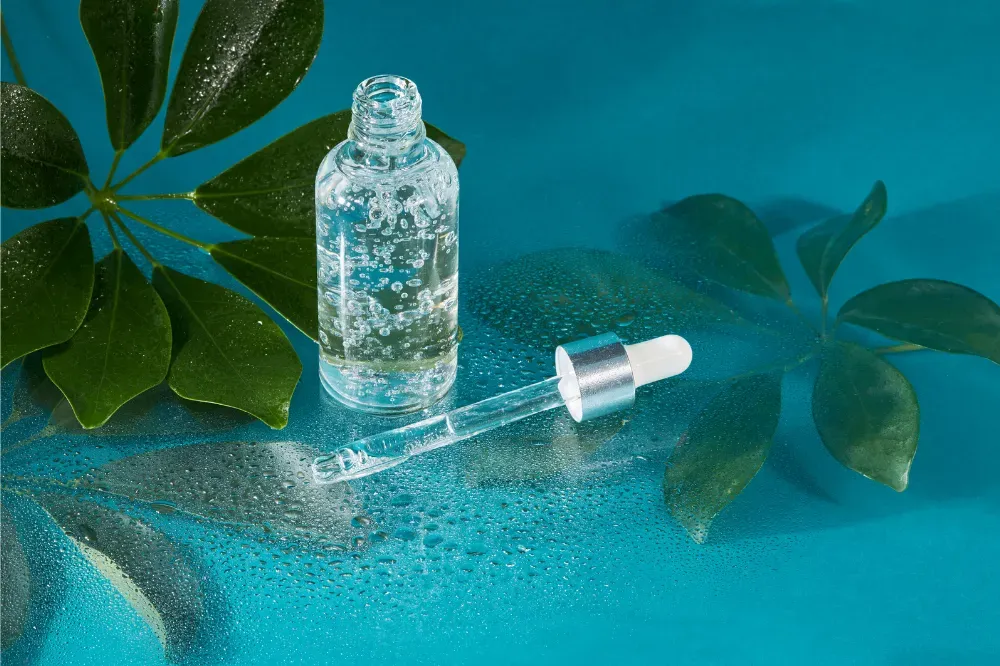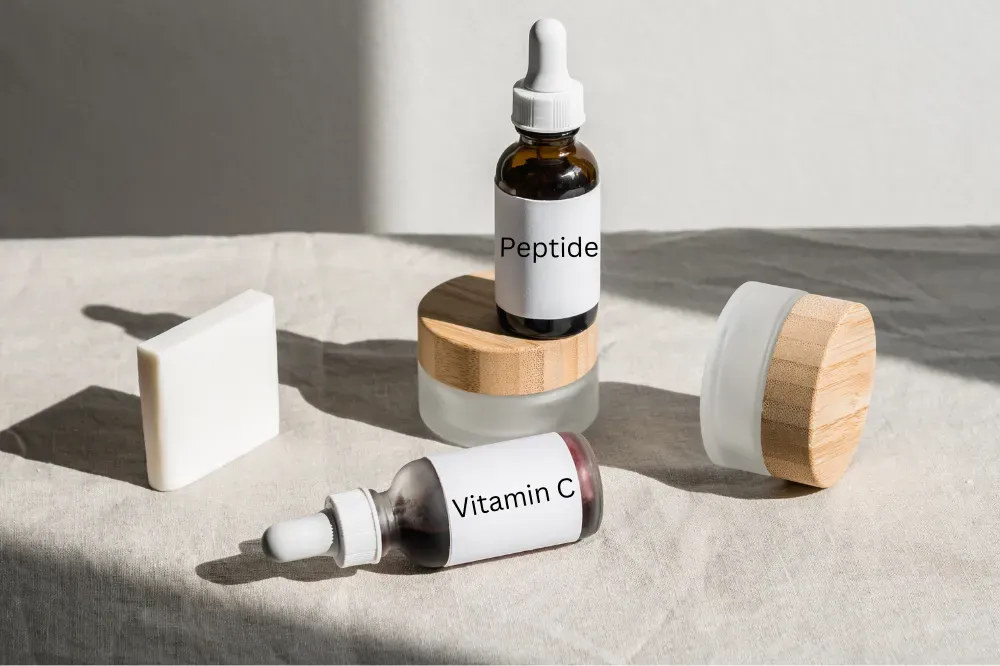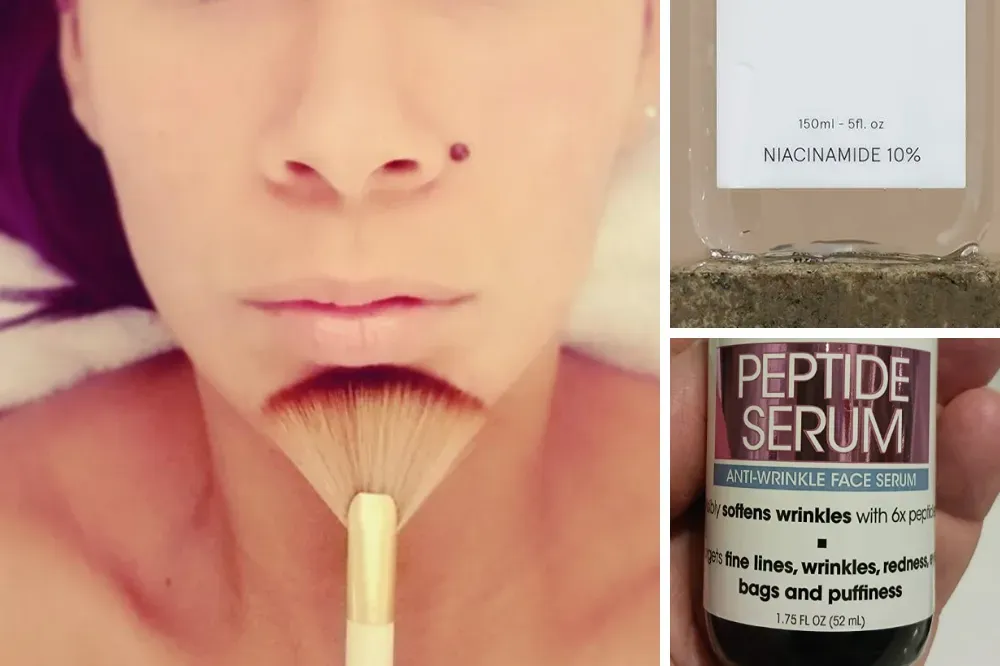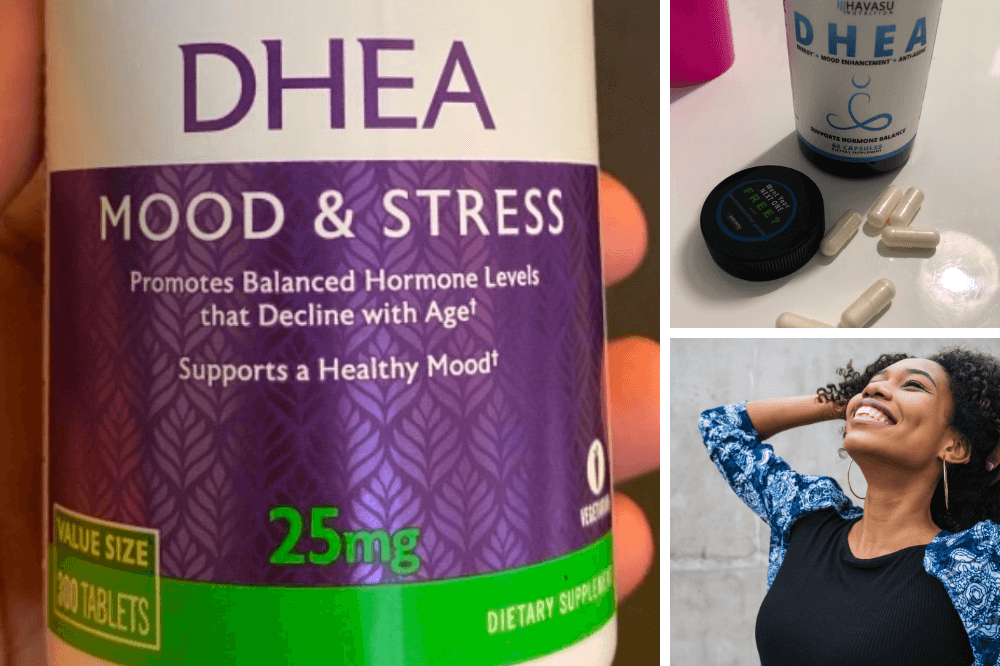I. Introduction
As skincare enthusiasts and experts alike know, not all serums are created equal. The market is flooded with a variety of products, each promising to deliver remarkable results. Vitamin C and peptide serums are two such potent skincare game players. These serums have emerged as fan favorites, lauded for their ability to enhance skin health and combat signs of skin aging. But when it comes to choosing between the two, which one reigns supreme?
This article aims to delve into the specifics of Vitamin C and peptide serums, exploring their benefits, potential drawbacks, and overall impact on skin health. Our goal is not to create a divide but to provide you with the knowledge needed to make an informed decision about which serum might be best suited to your skincare routine. Whether you're looking to brighten your complexion, reduce fine lines, or boost collagen production, we've got you covered.
Stay tuned as we unpack the science behind these skincare powerhouses and help you decide: which is better – Vitamin C serum or peptide serum?
II. Understanding Vitamin C Serum

Vitamin C serum is a potent skincare product that has been widely recognized for its numerous benefits. The primary ingredient in these serums, ascorbic acid, is a form of Vitamin C, which is a powerful antioxidant.
Antioxidants play a crucial role in our skin health and appearance. They fight against free radicals - harmful molecules that can damage our skin cells. By neutralizing these free radicals, antioxidants like Vitamin C protect the skin from premature aging and environmental aggressors such as UV radiation and pollution.
Vitamin C serum offers several significant benefits to the skin. Firstly, it is known to brighten the skin, giving it a radiant and youthful complexion. This is because Vitamin C inhibits melanin production in the skin, which can lead to hyperpigmentation and dark spots.
Secondly, Vitamin C stimulates collagen production. Collagen is a protein that gives the human skin its structure and elasticity. As we age, our collagen production naturally decreases, leading to facial wrinkles and sagging skin. By boosting collagen production, Vitamin C can help to maintain a firm and youthful appearance.
Moreover, Vitamin C protects the skin against UV damage. While it's not a substitute for sunscreen, Vitamin C can neutralize some of the free radicals created by exposure to UV light, thereby reducing their harmful effects.
Finally, Vitamin C is known to improve skin texture and tone. Regular use of Vitamin C serum can smooth out rough skin and even out skin discoloration.
However, Vitamin C serum does have potential drawbacks. Some individuals, particularly those with sensitive skin types, may experience irritation or redness when using products with high concentrations of Vitamin C. Additionally, Vitamin C is notorious for its instability. When exposed to air and light, it can oxidize and lose its effectiveness. Therefore, it's important to store Vitamin C serums properly and pay attention to the product's color— a darkening serum may indicate oxidation.
III. Understanding Peptide Serum

Thanks to their promising anti-aging properties, peptide serums have been making waves in the skincare world. Peptides are short chains of amino acids, the building blocks of proteins. They play a major role in skin health since they form the proteins needed for the skin's structure, including collagen and elastin.
There are several types of peptides used in skincare, including synthetic peptides and copper peptides. Synthetic peptides are designed to mimic natural peptides to stimulate specific responses in the skin. Copper peptides, on the other hand, are peptides that have been combined with copper. They are known for their wound-healing properties and ability to stimulate collagen production.
Peptide serums offer numerous benefits to the skin. For starters, they boost collagen and elastin production. By signaling the body to produce more of these proteins, peptide serums can help to maintain firmness and elasticity, leading to a more youthful complexion.
In addition to their role in collagen and elastin production, peptides also help repair cell damage and aid in wound healing. This makes them particularly beneficial for individuals with acne scars or other forms of skin damage.
Most notably, peptide serums have been praised for their anti-aging effects. They can reduce the appearance of fine lines and wrinkles by stimulating collagen production, improving skin texture, and providing hydration.
Despite these benefits, there are a few potential drawbacks to peptide serums. One is the issue of skin absorption. Because peptides are larger molecules, they may not penetrate the skin as easily as smaller molecules like Vitamin C.
Furthermore, compared to Vitamin C, there is limited research on the effectiveness of peptides in skincare. While early studies are promising, more research is needed to fully understand the potential benefits and limitations of peptide serums.
IV. Comparing Vitamin C and Peptide Serums

When it comes to skincare, both Vitamin C and peptide serums hold their ground. Let's delve into the comparison of these powerhouses on several key factors:
Collagen Synthesis
Both Vitamin C and peptide serums play a crucial role in collagen synthesis. Vitamin C is required for collagen synthesis, and its deficiency can hamper this process. On the other hand, specific bioactive collagen peptides have been found to reduce skin wrinkles and increase dermal matrix synthesis.
Skin Turnover and Radiance
Vitamin C is known for brightening skin and improving its radiance. Peptide serums, while not specifically associated with skin radiance, do contribute to a youthful complexion through their role in boosting collagen and elastin production.
Treatment of Hyperpigmentation and Inflammation
Vitamin C serums have proven efficacy in treating hyperpigmentation by inhibiting melanin production. While peptide serums are not typically associated with reducing hyperpigmentation, they exhibit anti-inflammatory properties that can soothe irritated skin.
Hydration Capabilities
While neither Vitamin C nor peptide serums are primarily used for hydration, many formulations include hyaluronic acid, a powerful humectant that can retain moisture in the skin. This helps improve the hydration capabilities of both types of serums.
Suitability for Different Skin Types
Both serums can be used across a variety of skin types. However, individuals with sensitive skin may experience irritation or redness from Vitamin C serums, while peptide serums are generally well-tolerated.
Effect on Premature Aging and Visible Signs of Aging
Both Vitamin C and peptide serums have significant anti-aging benefits. Vitamin C is known for its antioxidant properties that protect against premature aging, while peptide serums reduce the appearance of fine lines and wrinkles by stimulating collagen production.
In conclusion, both Vitamin C and peptide serums offer substantial benefits for skin health. The choice between the two ultimately depends on your specific skincare concerns and goals.
V. Expert Opinions and Recommendations

In the ongoing debate between Vitamin C and peptide serums, expert opinions weigh in heavily. Board-certified dermatologists often recommend both serums but tailor their advice to individual skincare needs and routines.
Vitamin C serum is highly recommended for its potent antioxidant properties and its role in collagen synthesis. It has been found especially beneficial for those looking to brighten their skin or address hyperpigmentation. A study published in the Journal of the American Medical Association suggests that sufficient Vitamin C intake is necessary for the amidation of peptide hormones, highlighting its importance in skin health.
Peptide serums, on the other hand, are praised for their ability to stimulate collagen and elastin production, which can help maintain skin's firmness and elasticity. As per an article in Expert Review of Proteomics, preanalytical variables can significantly influence peptide and protein measurements in human serum and plasma, emphasizing the need for a targeted approach when using peptide serums.
However, as with any skincare product, both Vitamin C and peptide serums may not work the same way for everyone. Individual skin type, concerns, and sensitivity levels play a significant role in determining the most suitable serum.
Therefore, dermatologists often recommend a tailored approach to skincare. For those dealing with dullness, uneven skin tone, or hyperpigmentation, Vitamin C serums may be the way to go. On the other hand, those focused on anti-aging or repairing skin damage might benefit more from peptide serums.
Ultimately, it might be beneficial to incorporate both into your skincare routine, using Vitamin C serum in the morning for its antioxidant and photoprotective properties, and peptide serum at night for its reparative benefits.
VI. Conclusion
The comparison between Vitamin C and peptide serums has revealed that both offer substantial benefits for skin health. Vitamin C serums are lauded for their antioxidant properties, ability to brighten skin, treat hyperpigmentation, and stimulate collagen synthesis. Peptide serums, on the other hand, are prized for their role in collagen and elastin production, repairing cell damage, and their anti-aging effects.
Vitamin C serums may be more suitable for those wishing to address dullness and uneven skin tone, while peptide serums might be more beneficial for those focused on anti-aging or repairing skin damage. Both serums cater to various skin types, although individuals with sensitive skin may experience irritation from Vitamin C serums.
Ultimately, the choice between Vitamin C and peptide serums depends largely on individual skincare needs, concerns, and goals. Dermatologists often recommend incorporating both into a skincare routine, using Vitamin C serum in the morning for its photoprotective properties and peptide serum at night for its reparative benefits.
In conclusion, neither Vitamin C nor peptide serum is universally 'better' than the other. Instead, they each have their own strengths and can be used in combination to create a well-rounded skincare routine.
Frequently Asked Questions (FAQs)
Q: What are the primary benefits of Vitamin C serums? A: Vitamin C serums are lauded for their antioxidant properties, ability to brighten skin, treat hyperpigmentation, and stimulate collagen synthesis.
Q: What are the primary benefits of peptide serums? A: Peptide serums are known for their role in stimulating collagen and elastin production, repairing cell damage, and their anti-aging effects.
Q: Can I use both Vitamin C serums and peptide serums in my skincare routine? A: Yes, you can incorporate both Vitamin C and peptide serums into your skincare routine. Dermatologists often recommend using Vitamin C serum in the morning for its photoprotective properties and peptide serum at night for its reparative benefits.
Q: Which is better for sensitive skin: Vitamin C serum or peptide serum? A: While both serums cater to various skin types, individuals with sensitive skin may experience irritation from Vitamin C serums. On the other hand, peptide serums are generally well-tolerated.
Q: Which is better for anti-aging: Vitamin C serum or peptide serum? A: Both Vitamin C and peptide serums offer significant anti-aging benefits. However, peptide serums might be more beneficial for those focused on anti-aging or repairing skin damage.
Q: Can I use Vitamin C serum or peptide serum during the day? A: Vitamin C serum can be used during the day as it offers photoprotective properties. Peptide serums can be used either in the morning or at night.












